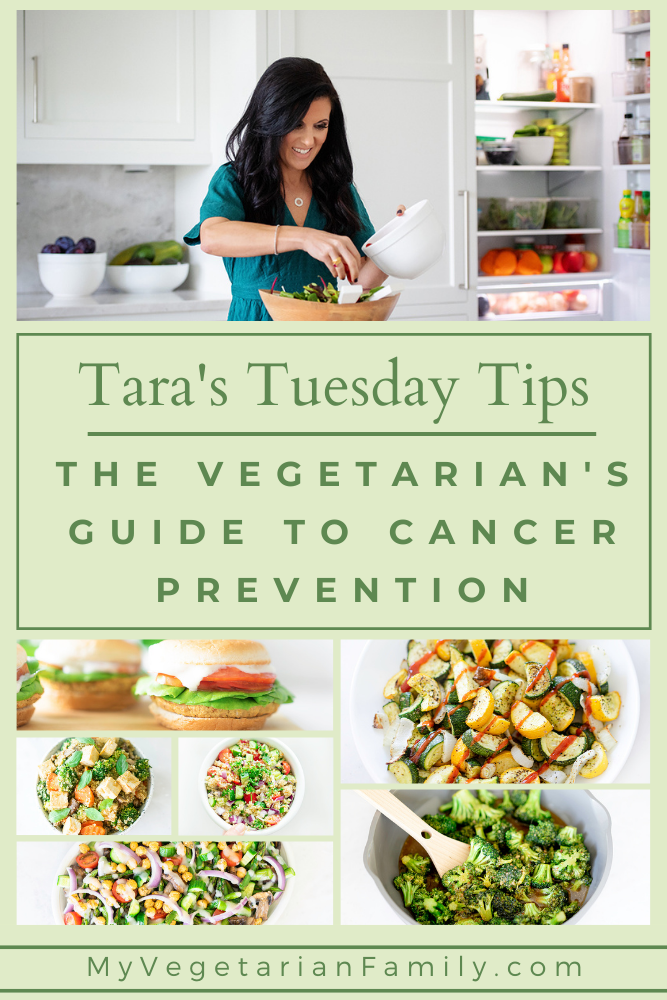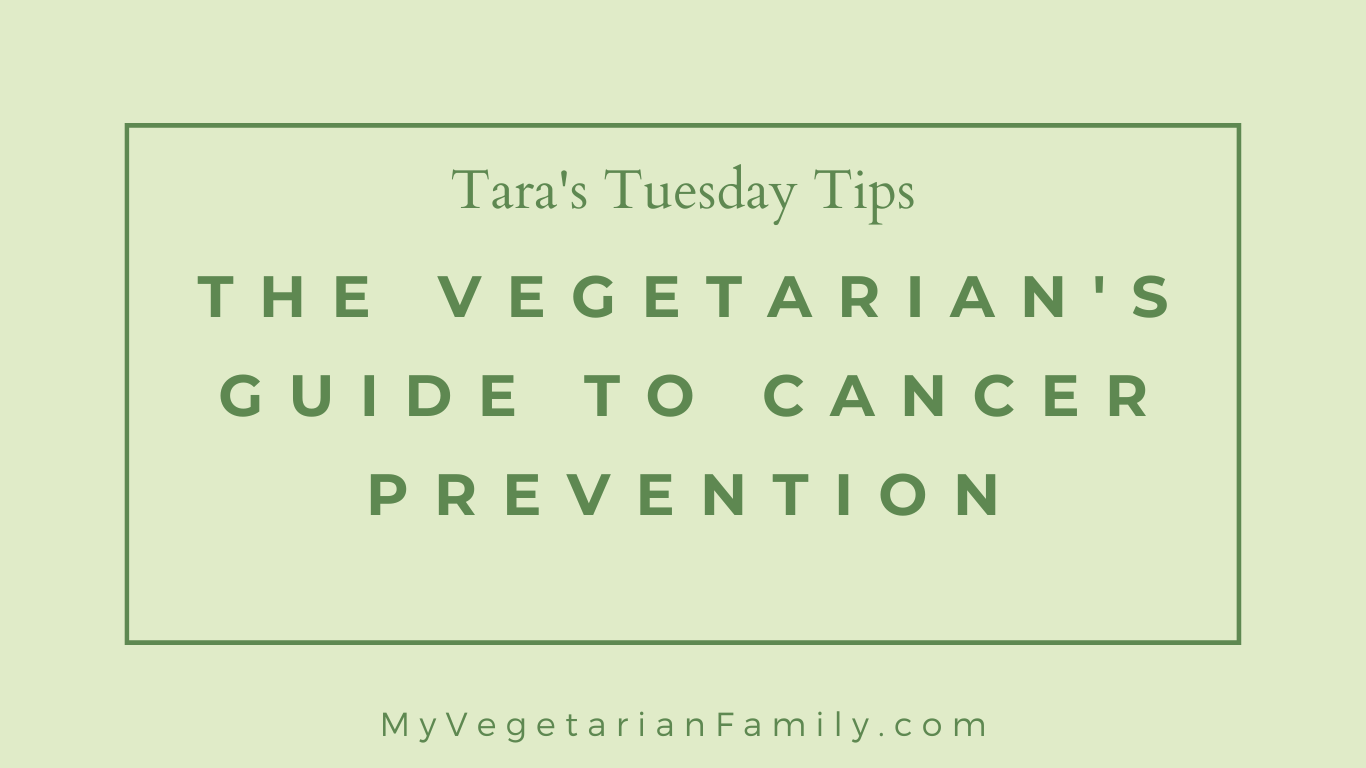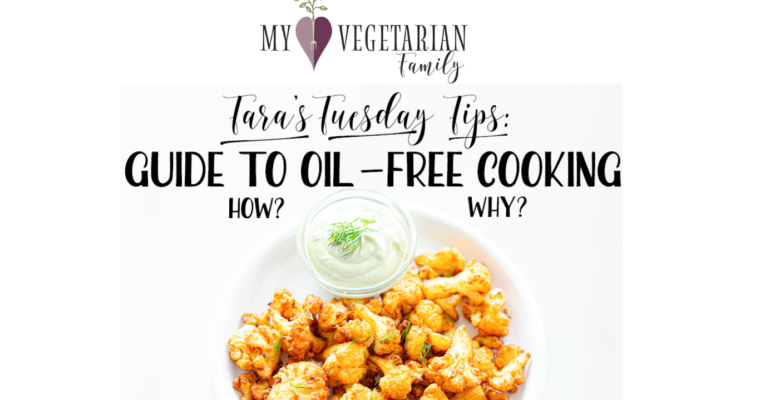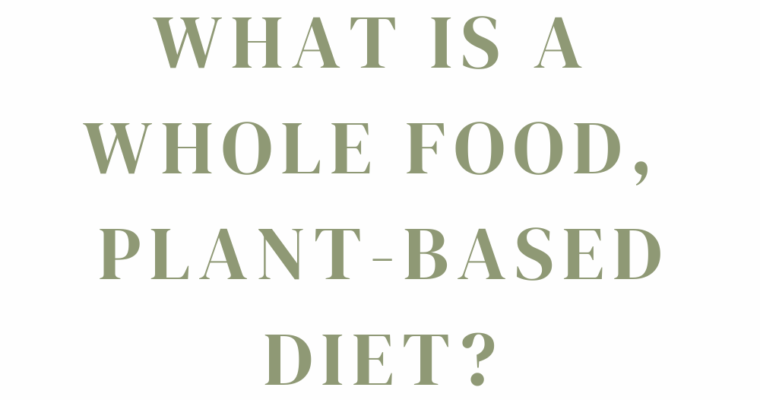By now you already know that there are certain things we can do to decrease our risk of developing cancer. There are also certain things we can do to increase our risk of developing cancer. What you may not know is that when it comes to cancer, we are not helpless victims of our genes. The power of disease prevention is in our habits + on our plates. The most powerful tool we have is our food choices. The Vegetarian’s Guide To Cancer Prevention will help you navigate what impact those choices have on cancer risk.
- Excess body weight.
- Physical inactivity.
- Alcohol consumption.
- Poor nutrition.
In addition to that, 71% of all colon cancers are preventable with diet changes. 71%!!! This was quite impactful for me when I read it. I don’t know anyone who wants to get cancer. More importantly, those who have had one cancer, absolutely do not want to get another one. There are lots of uncontrollables that impact the prevalence of cancer. Just by looking at the four things on that list above, these things are all completely within our control.
New cancer research is telling us that even if you are born with high-risk genes, lifestyle choices are what activate those genes. This activation is what turns a cancer cell into a cancer diagnosis.
In the GEMINAL (Gene Expression Modulation by Intervention with Nutrition and Lifestyle) study, three months after eating a whole-food, plant-based diet, 500 different genes in the study participants were altered. How did the plant-based diet alter the genes? The disease-preventing genes were boosted and the disease-promoting genes were suppressed! Being a vegetarian is looking better and better. This important research is one of the reasons I am so passionate about sharing this The Vegetarian’s Guide To Cancer Prevention with you. You are absolutely not a victim of your genes. There are so many things we actually can control in regards to cancer prevention + recurrence! Let’s sort through them.
Tara’s Tuesday Tips:
The Vegetarian’s Guide To Cancer Prevention
Being vegetarian and eating a plant-forward diet is vitally important in the realm of cancer prevention. Here are other things we can do to make our bodies inhospitable to to cancer growth.
Maintain A Healthy Weight
For cancer to grow, there must be a corruption in cellular growth. This corruption happens in the presence of chronic inflammation. It also happens when excess body fat releases proteins, estrogen, or other hormones which encourage and fuel the abnormal cell growth. Therefore, excess body fat = increased chance of corrupted cells = increased cancer risk.
The good news? It is never too late to make changes, decrease the amount of visceral fat you have, reverse the damage, and prevent cancer. Eat more plants! Plants are much less calorie dense, you can eat more and weigh less. Perhaps start by limiting the oils you consume like we do here at MVF (Guide to Oil-Free Cooking) or learning about Calorie Density (Calorie Density 101: How to Lose Weight Eating More Food).
Exercise
Vegetarian or not, the research is clear. Move more, decrease your chance of developing cancer. Exercise reduces overall body inflammation and helps to regulate hormones (specifically estrogen and insulin). This is most protective against endometrial, breast, and colorectal cancer. Movement can be walking, dancing, cleaning, or even yard work. Just move and your hormones will thank you.
Not sure if you can work out and be vegetarian? Yes, you can! Start here: Can You Be Vegetarian and Still Work Out?
Limit Processed/Packaged Foods
If you have been following my Tuesday Tips, you know that I am like a broken record with this one. Stop eating your food out of so many shiny packages, boxes, and cans! They are high in fat, sugar, sodium, and calories. What makes these foods worse is that they are low in fiber and nutrients. Eating more soluble fiber has clearly been linked with a lower breast cancer risk. You aren’t getting fiber in processed junk. High fiber foods include oatmeal, fruits, vegetables, and nuts. Start here: 10 Easy Food Substitutions For Plant-Based Eating.
Make Plants The Star Of Your Plate
Why? The gifts you give your body when you eat vibrant, colorful fruits + vegetables are beyond compare. Phytochemicals, phytates, and antioxidants are all found in exclusively the most colorful of foods and you can’t get them anywhere else. Not in a pill or a powder. Just in real, whole foods. Why is this so important? They help us fight cancer. Remember the cell corruption I mentioned earlier? The nutrients you find in colorful foods are like an army fighting that corruption, blocking the cancer cells from growing. Check out this article where I go into lots more detail: Why You Should Be Eating Green.
The Vegetarian’s Guide To Cancer Prevention + Drinks
Less alcohol intake = less cancer risk. Any amount of alcohol reduction will help you lower your risk of developing cancer. Drinking alcohol has been found to be directly linked to the development of breast, colorectal, esophageal, liver, mouth, and stomach cancers. The scientific link is still not clear. One theory is that the ethanol damages DNA. Regardless, drink in moderation or even better – not at all.
Increased consumption of sweetened beverages = increased cancer risk. Soda, fruit juices, sweet teas, bottled + sugary drinks of all kinds. These drinks have large amounts of sugars, high fructose corn syrup and sometimes additives and chemicals. More sugar intake leads to obesity and in turn, hormone disruption. Above all, these beverages have absolutely no nutritional value. Doing harm while leaving no room for something that can do good? Nope, not me. Eat the whole fruit instead of fruit-flavored beverages + drink water!!!!
So what should you be drinking? WATER! Coffee + tea are fabulous drinks …. vegetarian or not! They contain polyphenols (the soldiers that help us fight off the cancer). Green tea, black, white or oolong contain the most!
Is Meat Crowding Your Plate?
When you fill your plate with meat, you crowd out the plants. Remember the fabulous army of cancer-fighting nutrients you get when you eat plants I just told you about? You leave little or no room on your plate for those guys! Instead of inviting the army of cancer fighting good guys, you invite in heme iron. A substance found in processed meats proven to cause cancer in lab studies. Ummmmm. I know who I want at my dinner party, how about you?
In addition, by eating red meat, you raise your chance of colon cancer. A study published in the International Journal of Epidemiology, found that there is a 20% higher risk of colorectal cancer in people eating red or processed meat four or more times per week. Count me out.
No, You Do Not Need To Be Vegan
Mostly plants is the key term to remember. Mostly. Most of the time. Plant-only diets are going to be more protective. However, when comparing a mostly plant-based diet to the traditional Western diet, eating mostly plants is way more protective against ALL cancers.
Check out these articles to help you sort through this: What Is A Whole Food, Plant-Based Diet? & Easy Ways To Eat More Plants.
Vegetarian or Not …
Keep in mind, I am not your doctor. This article is not medical advice. Cancer comes in many forms. Cancer prevention is not a one size fits all approach. If there is one message I want you to receive today it is this … vegetarian or not. You can reverse and prevent chronic disease with your habits and your choices!
That being said, in addition to eating more plants, moving more, keeping your weight down, and making room for colorful + high fiber foods here are a few more things you might already be doing but I will mention anyway:
- Get regular medical exams
- Perform all recommended self-exams for your age + gender
- Avoid tobacco in any + all forms
- Wear sunscreen
- Keep vaccines up to date (especially hepatitis B and HPV)
- Know your vitamin D level and keep the level up
- Limit exposure to radiation + environmental toxins
Food For Thought
Cancer research is constantly evolving. Today’s evidence-based recommendations call for us to focus on whole + plant-based foods coupled with keeping our weight under control for optimal cancer prevention. Within these recommendations, create a plant-based plan that works for you. For some families, this will be eating only plants. Others will choose to include some dairy, eggs, or other animal products. The key to choosing what the combination will look like for you is to ask yourself if your plan is sustainable and enjoyable. Aiming for completely plant-based is ideal but not if you can’t sustain it. Remember, habits are what count. Not the once-in-a-while things. Balance is key.
Bottom line is this: even if you are born with bad genes, you can turn them off with your lifestyle choices. Aim for variety, make plants the star of your plate, keep moving, and most of all make it fun + sustainable. It is never too late to start.
Need Some Recipes To Get You Started?
- Superfood Salad
- Oil-Free Air Fryer Broccolini
- Strawberry Salsa Recipe
- Air Fryer Zucchini and Onions
- Instant Pot Sweet Potato Corn Chowder (Vegan!)
- Sweet Potato Cookies (No Egg + GF + Vegan)
- Learn To Love Tofu
- How To Air Fry Tempeh
- Lentil Curry
- Quinoa Upma Recipe
- Mediterranean Quinoa Salad Bowl







1 thought on “The Vegetarian’s Guide To Cancer Prevention”